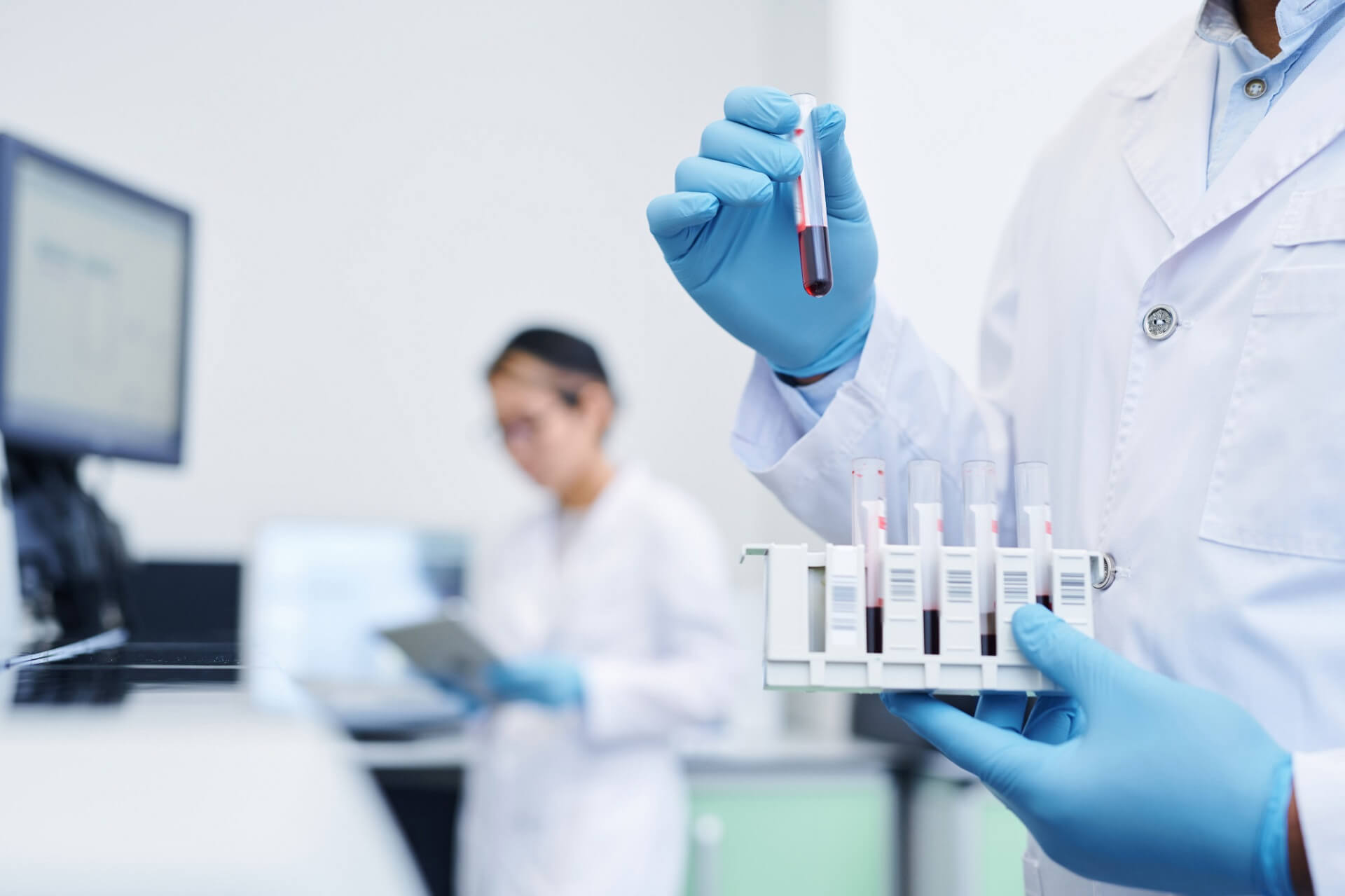A thyroid function lab test gives an idea of whether the patient’s thyroid is functioning properly. At Wáberer Medical Center, you can choose from several different packages: the thyroid lab will detect any abnormalities so your doctor can make a treatment plan to restore your health.
The thyroid is a small gland located in the lower front of the neck. It is responsible for helping to regulate many body processes, such as metabolism, energy production and mood. It produces two main hormones: triiodothyronine (T3) and thyroxine (T4).
If the thyroid gland does not produce enough of these hormones, you may experience symptoms such as weight gain, lack of energy and depression. This condition is called hypothyroidism.
If the thyroid gland produces too many hormones, you may experience weight loss, high levels of anxiety, tremors and restlessness. This is called hyperthyroidism.

If your doctor suspects that your thyroid hormone levels are out of whack, he or she may order a wide range of screening tests, such as T4 or thyroid-stimulating hormone (TSH) tests. If these results are abnormal, the specialist may order further tests to determine the exact cause of the problem.
A TSH test is done to check if the thyroid gland is working properly. The test can detect thyroid disease, even before symptoms appear. TSH is produced by the pituitary gland in the brain, which tells the thyroid gland to produce and release thyroid hormones into the blood.
The TSH blood test is not usually the only test used to diagnose thyroid disorders. Other tests such as the T3 free fraction, T4 free fraction, reverse T3 and anti-TPO test are also commonly used to determine whether or not thyroid treatment is needed.
Anti-TPO is a type of autoantibody. Autoantibodies are produced by the immune system and are similar to antibodies produced against viruses and bacteria, but instead of attacking external invaders, autoantibodies attack the body itself. In this case, the anti-TPO attacks thyroid peroxidase (TPO) – an enzyme found in the thyroid gland that is needed to produce thyroid hormones.
Attacking the TPO enzyme blocks its activity, which affects the production of thyroid hormones. In people with normal thyroid hormone levels, high levels of anti-TPO in the blood may indicate an increased risk of developing thyroid problems in the future. It may also be indicative of several types of thyroid disorders and may be associated with conditions such as Hashimoto’s disease and Grawes-Basedow disease.
A blood sample is required to prepare a thyroid panel, which is done as follows. After the patient is comfortably positioned, a clamp band is placed on the upper arm to help fill the veins with blood. The skin over the vein is then disinfected and a needle is inserted through the skin, which may cause a brief sharp pain.
A small amount of blood is collected through a device attached to the needle into various test tubes. Each tube collects up to 15 ml of blood and fills up in a few seconds. The clamping band is then loosened, the needle is removed and the puncture site is sealed. This point should be kept pressed for at least 2-3 minutes to avoid bruising or haematoma.

You can choose the type of thyroid blood test that is right for you:
Thyroid values depend on a number of factors, so leave the analysis of your results to our experienced endocrinologists at Wáberer Medical Center. Book an appointment for a lab test online quickly and easily, or call us at +36-1-323-7000 to be seen at our well-equipped clinic in Buda without a long wait.